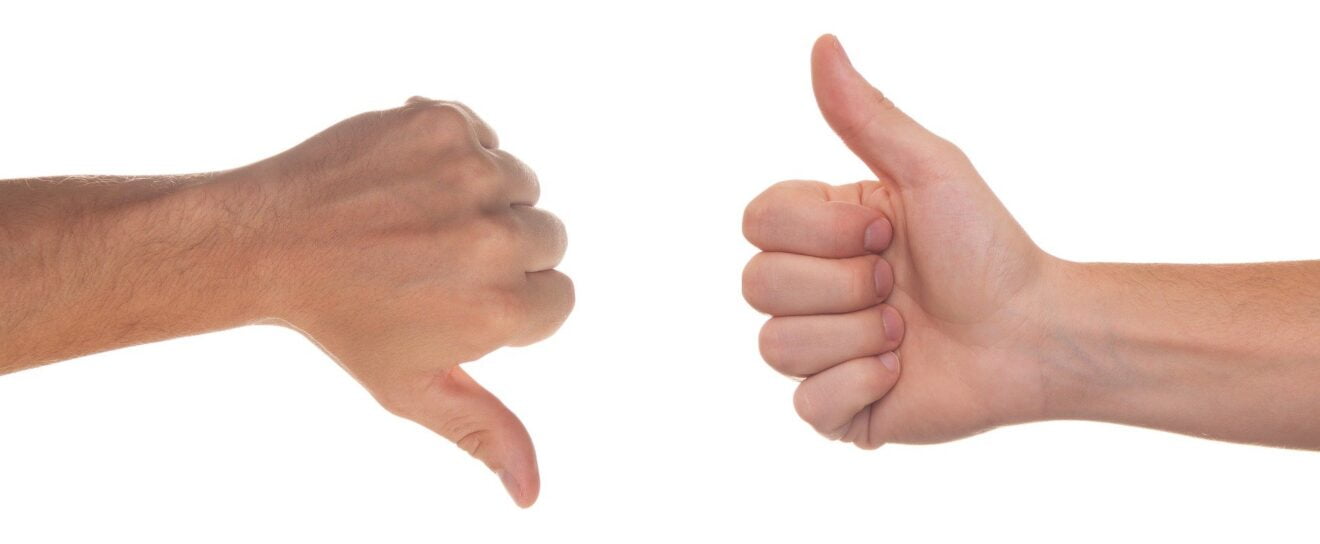There are always big stories in the news about Corporate Insolvency, Liquidations and Administrations as well as the latest celebrity bankruptcy (Katie Price, Callum Best and Duncan James to name a few). However we don’t hear very often about sole traders, the struggles that small business face and the insolvency options available to them. What happens to our independent retailers who don’t have the cover of a Limited Company to shield their personal finances when their business suffers financially?
When faced with an insolvent sole trader business there are a number of both formal and informal insolvency options with the defining questions to ask being, where do you, as the business owner want to end up? Are you fighting to save the business or is it time to shut up shop and have a managed “walk away”. If you seek insolvency advice in time, you will have the benefit of being able to answer these questions yourself. Seeking advice too late may limit the options available and leave you without the luxury of choice.
There are two main insolvency options to consider. An IVA is a legally binding agreement between a creditor and an individual to repay debts over a period of time. This allows a business to continue to trade. The second option is Bankruptcy, which is a terminal insolvency procedure usually involving the cessation of trade and sale of assets.
Below, I highlight the advantages and disadvantages of each procedure:
Individual Voluntary Arrangement (IVA) – Advantages
- Continuity of trade – you can continue to trade your business under a voluntary arrangement. The supervisor of the arrangement will have no input into its running, but will ask for six-monthly or annual accounts to be delivered up to keep a check on income.
- Enables you to keep control of your assets.
- The procedure is flexible and can be tailored to suit your business. For example, seasonal variations can be factored into monthly payments.
- Can bind all creditors although 75% of them must agree to the proposal
- Some element of debt forgiveness, you may not have to repay your creditors in full
- Creditors dealt with on your behalf, relieving pressure and enabling you to concentrate on supporting your business
- Perception – sends a message to creditors that you are dealing with the problems and not walking away from them, offering something rather than nothing.
Individual Voluntary Arrangement (IVA) – Disadvantages
- Most IVA’s last 5 years and this is a big commitment to make
- If you fail to keep to payments you may end up Bankrupt
- Requires support of 75% of all creditors
- Certain licences (such as a VOSA licence or a Premises Licence) may lapse under an IVA
- May be required to introduce equity from personal assets to make additional payments to creditors, and these may be reviewed up to year 5 of the arrangement
- Leases may lapse or be terminated
- Banking facilities may be restricted
- Trade accounts may be restricted and it might be difficult to open new accounts.
Bankruptcy – Advantages
- A quick procedure involving making an appointment at Court and attending with the fee and necessary paperwork. You will then likely have one meeting with the Official Receiver
- A fresh start as debts are wiped out from the date of the Bankruptcy Order (there are exclusions such as Court Fines, Child Maintenance and Student Loans)
- An Income Payments Order (which is an order forcing you to make a contribution from your earnings) can only last for a maximum of 3 years
- Automatic discharge after 12 months (although there are circumstances in which the discharge is suspended)
- Severs any leasehold obligations
- Family homes to be dealt with within 3 years
Bankruptcy – Disadvantages
- Loss of control of all assets – trustee must seek to realise all assets for the benefit of creditors
- Upfront fee to declare self bankrupt
- Bank Account likely to be frozen
- Cannot obtain credit of more than £500
- Investigation into affairs and power to reverse certain transactions (such as transfers of property)
- Income Payments Order, which may force you to contribute a proportion of future earnings
- Can’t do some jobs as a Bankrupt (police officer, army, solicitor)
- Some creditors excluded (such as Court fines, child maintenance, student loans).
The most important decision to make as a sole trader is to decide to take advice. If you can stay in control of the situation you are much likely to be able to achieve the outcome that you want. There are informal options available such as debt consolidation and informal arrangements which may be suitable if creditor pressure isn’t too demanding. In our experience, the sooner a trader comes to see us, the better we are able to help.
Claire Foster, our Licensed Insolvency Practitioner is more than happy to give you advice tailored to your situation, with the initial consultation being free and with no obligation. Claire can be contacted at the office on 01302 965485 or you can request a callback using the form on our website.



